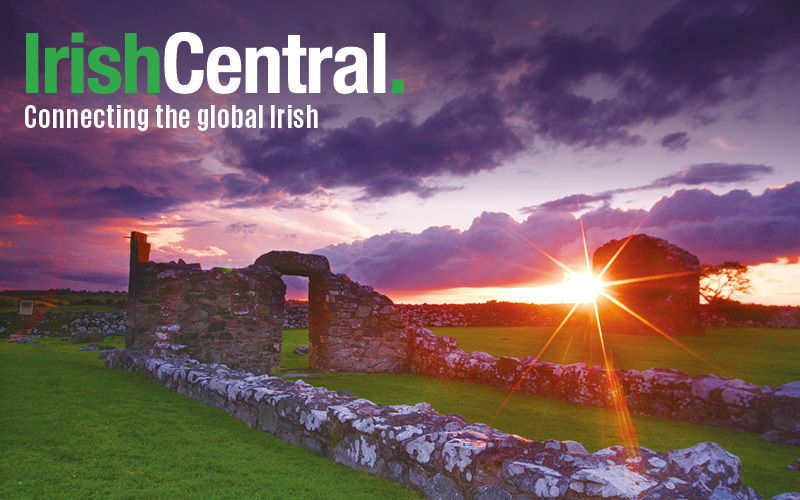Adolescences erupts like a fire inside you, or at least it did for me.
A flame lit in my head that made the weary adult world look like a pristine Eden waiting to be explored.
I’m aware of what that sounds like. It was the 1980's and there was a war on, and a biting recession too that I best remember now through the holes I noticed in my best friend’s shoes.
We never spoke about it. He put rolled up pieces of the Irish Independent into them to stop the rain.
We were in Co. Donegal, which makes a good stand in for Eden, but I wasn’t stupid. I could see that not everyone was as excited to be there as I was.
It was disconcerting though, moving through that teenage decade, when it seemed to me I was listening to one song while so many of my peers heard another or nothing at all.
I didn’t understand why they weren’t completely riveted by the music of the Smiths. I didn’t really know why they hated all the girls and yachts and blatant pretension of Duran Duran.
Instead most of them listed to the music their older brothers and sisters had enjoyed a decade earlier -- Fleetwood Mac, Paul Simon, Pink Floyd and all that. Tried and tested stuff.
It was as if they were opting for the safer path, guided by a reflexive conservative impulse, they wouldn’t dream of venturing their own opinion, and there seemed to be no point in discussing it.
Meanwhile, I was becoming a spectacular misfit which turned out to have its own compensations. If there’s no role for you in your own little Irish community then there are no rules either.
When there’s no well-trodden path there’s no set of imprisoning expectations. Since freaks don’t merit consideration, they’re free to create themselves.
But that’s not true of the kids who fit in. They find their calendars full and their lives taking shape before them, often independently of their wishes, often independently of their own hopes and dreams. The more you look like something, the more likely you are to become it, after all.
I didn’t understand all that at first. At first I thought I was being very hard done by, and obviously in many ways I was.
It wasn’t only discrimination, although there was plenty of that. It was also the embarrassment factor. They were otherwise decent people who just didn’t want to make themselves uncomfortable, so they ruled out the ones who gave them pause.
As my teenage years progressed it became harder and harder to put my behavior down to youthful eccentricity rather than face the real facts. So invitations began to dry up, and friends stopped calling. I felt like I’d come to an invisible line at the edge of town.
The weird thing was that, despite the sadness of becoming a bit of an outcast, I was also suddenly having more fun than at any time in my life.
I didn’t become a rebel. My own conservative community cast me in that role against my will, and the surprising compensation was that I discovered it could be immense fun.
If you don’t have a clear path you don’t have role models. Or at least, none that I could personally look up to
in my town.
So, by the age of 15, I was already looking further afield. I picked Oscar Wilde. He wrote this: “Most people are other people. Their thoughts are someone else’s opinions, their lives a mimicry, their passions a quotation.”
Even at 15 I could tell this was startlingly true.
“Nothing is so rare in a man as an act of his own,” Wilde added.
I didn’t know it at the time, but thoughts like this helped to unlock the little door that lead me to in a leisurely fashion toward my own life and to unexpected happiness. Someone finally gave me full permission to be myself.
So if you discover you don’t fit into the story of your town, if you discover they really don’t have a place for you in the bigger picture, it’s because they don’t believe you’ll have a story at all. Anywhere, ever.
That’s a very hard lesson to learn, but there’s a blessing in it they didn’t anticipate. You’re cut free to be yourself, on your own terms, everywhere, always.




Comments